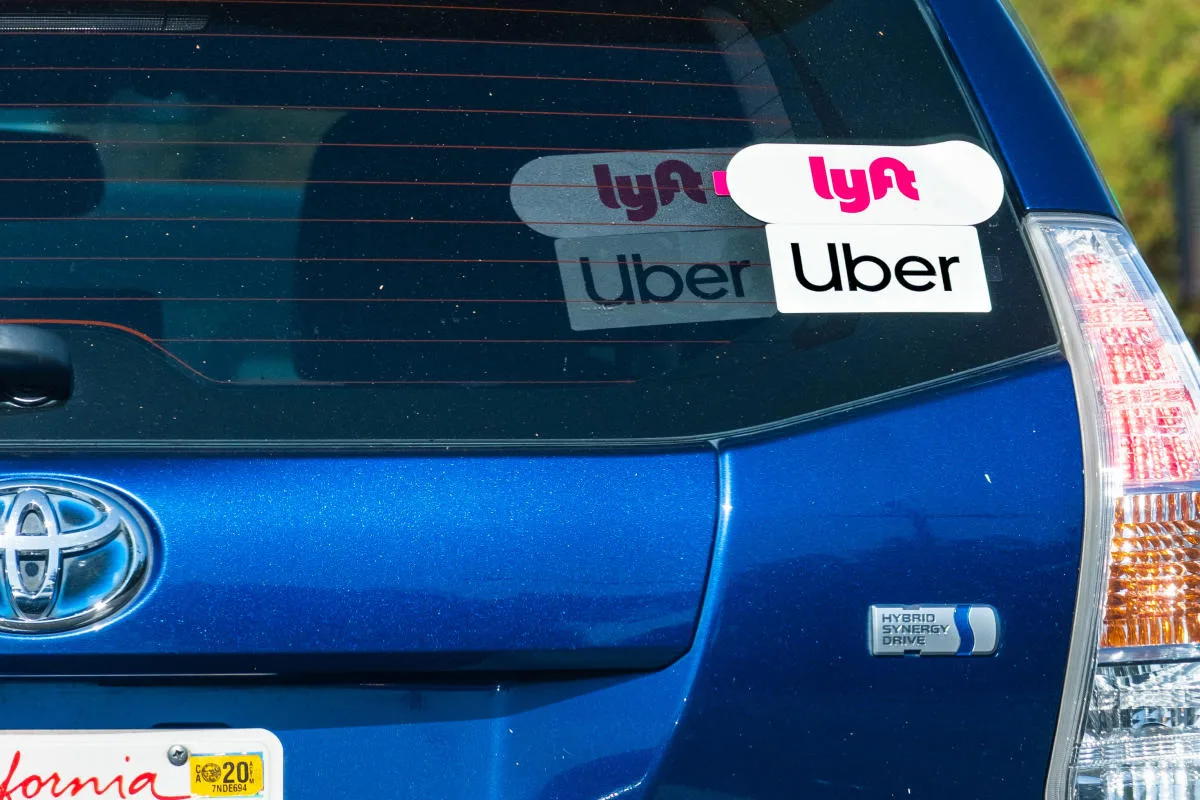It might be a challenge hailing a taxi from some airports on Valentine's Day this year. Thousands of rideshare and delivery drivers for Uber, Lyft and DoorDash plan to hold a protest on February 14 to demand fair wages and better safety measures, according to Reuters. The strike was announced last week by Justice for App Workers, a coalition representing more than 100,000 rideshare and delivery drivers across the United States.
Based on group page for the rally, workers participating in the protest will not travel to and from airports in Austin, Chicago, Hartford, Miami, Newark, Orlando, Philadelphia, Pittsburgh, Rhode Island and Tampa. The coalition is asking drivers to join the event and “demand change from Uber, Lyft, DoorDash, and every app company that profits from (their) hard work.” In the meantime, Rideshare drivers unitedan independent union of Uber and Lyft drivers in Los Angeles, also revealed that its members were turning off their apps on February 14 to protest “the significant drop in pay (that they) all felt this winter.”
Although the strikes could see the participation of tens of thousands of workers, Uber estimates that this will not have an impact on its business since only a small portion of its drivers usually participate in the protests. The company said The hill And CBS News that a similar protest last year did not affect its operations and that its drivers' income remains “solid.” In the fourth quarter of 2023, “drivers in the United States earned approximately $33 per hour used,” the spokesperson said.
Groups announced strikes just days after Lyft promised guaranteed a weekly salary to its drivers in the country, guaranteeing that they will earn at least 70 percent of what their drivers had paid. DoorDash did not respond to the publications' requests for comment, but it currently pays its drivers $29.93 for each active hour in states with minimum wage requirements for app-based delivery workers. He recently introduces new fees for customers in New York and Seattle in response to their new minimum wage regulations.

